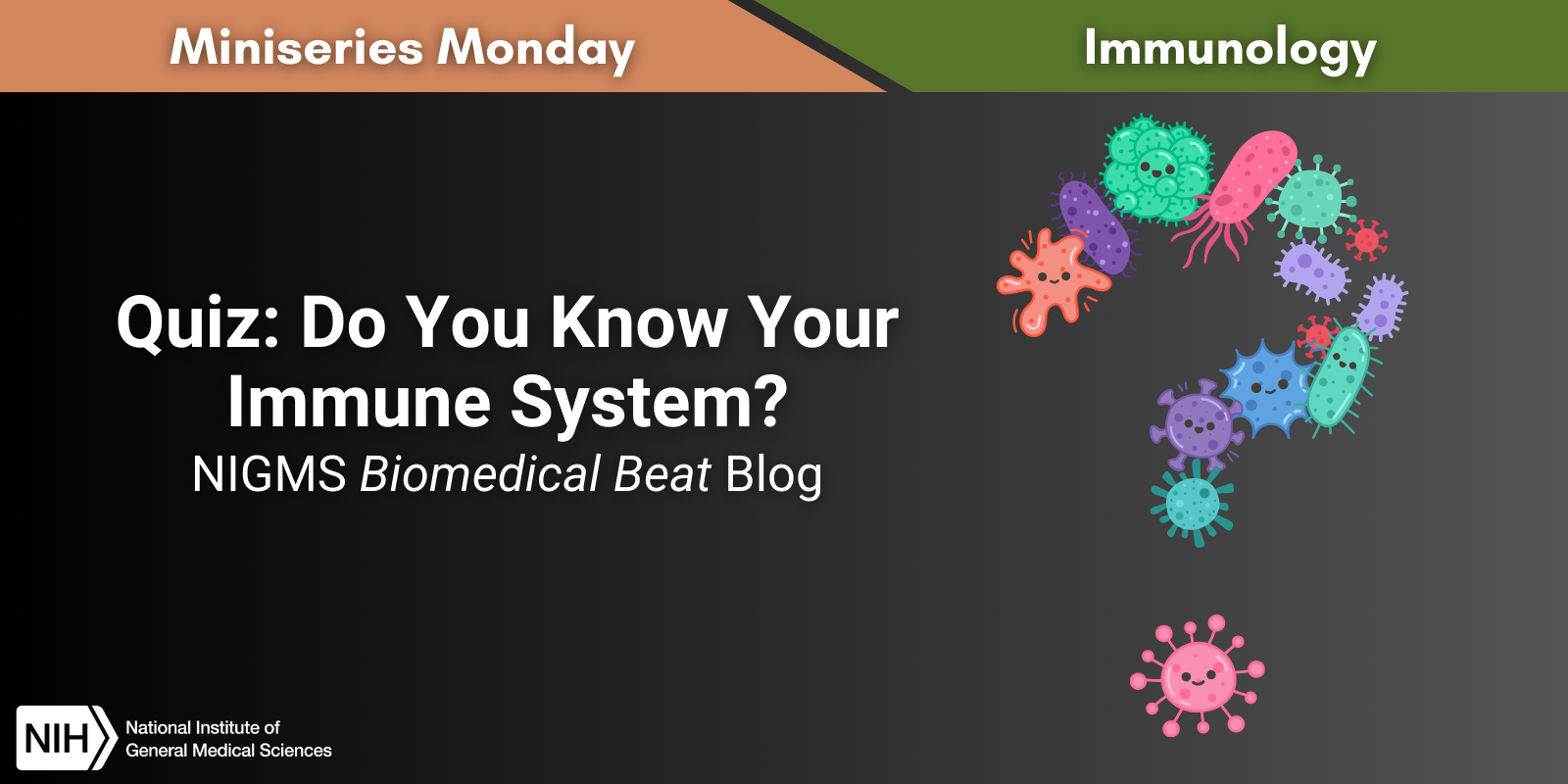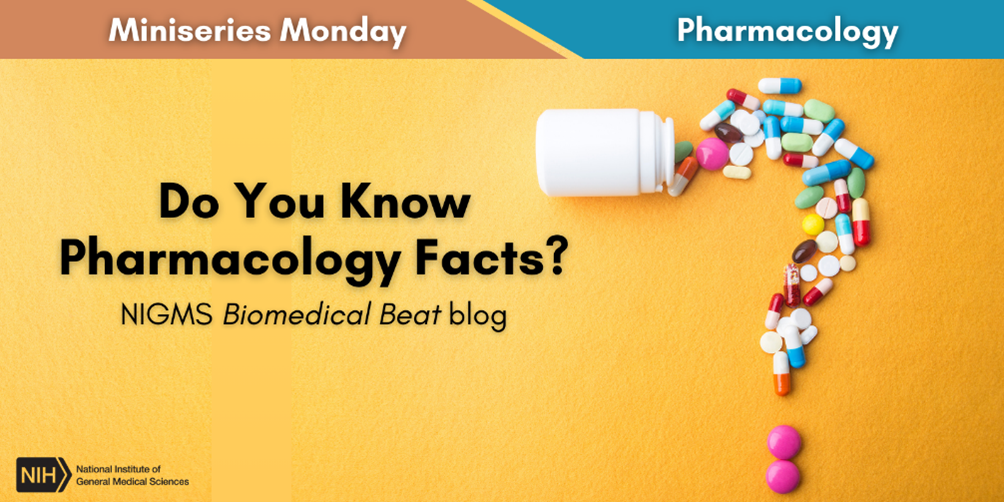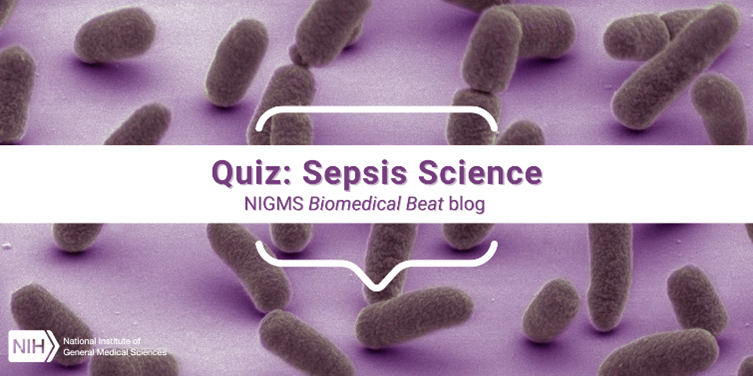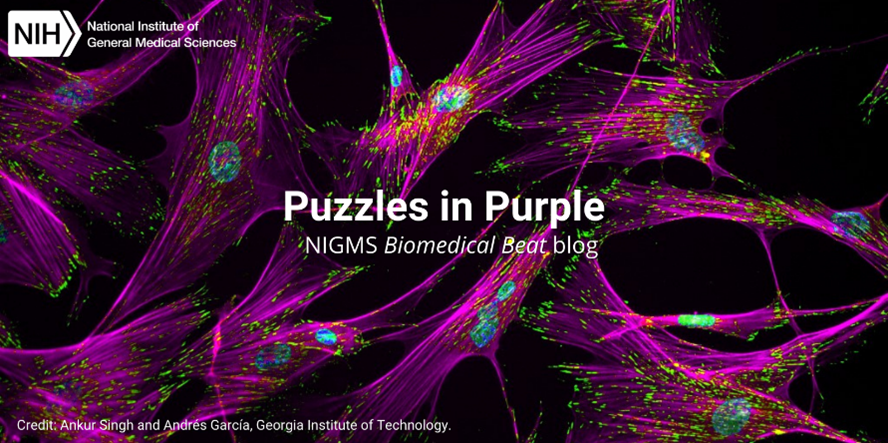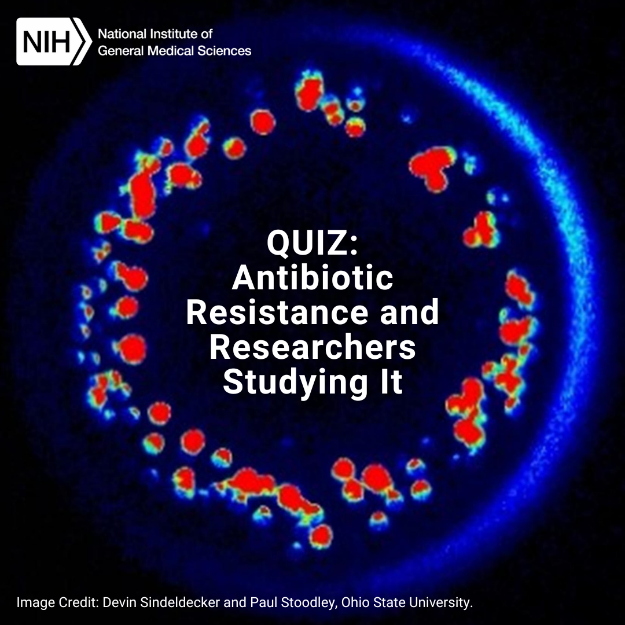RNA is essential for life as we know it. Among other roles, this molecule helps translate the instructions of DNA into proteins, which perform a vast range of tasks to keep us alive and healthy. In past Biomedical Beat posts, we’ve discussed the basics of RNA and how researchers are using it to develop medicines, vaccines, and tests for certain diseases. This year, in honor of RNA Day on August 1, we’ve created a quiz all about this remarkable molecule. Test your knowledge with the questions below!
Continue reading “Quiz: Can You Solve These RNA Riddles?”Tag: Quiz
Quiz: Gauge Your Genetics Knowledge
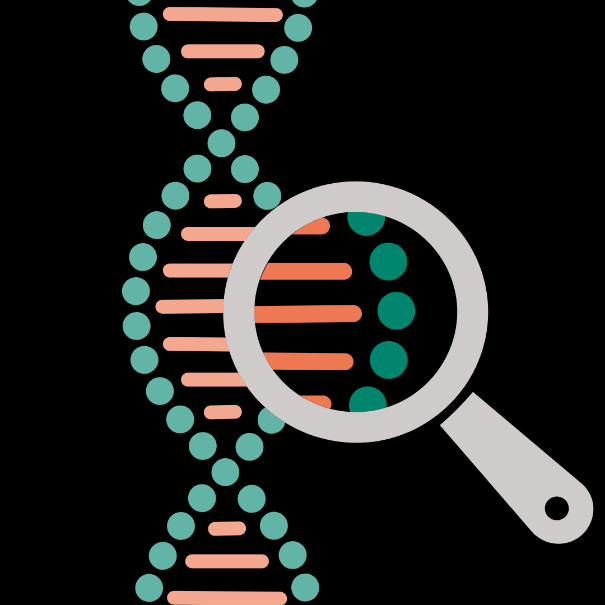
In our miniseries on genetics, we’ve introduced the genome and how variants in DNA affect us. We’ve also discussed how people inherit genetic information and the way genes are expressed, as well as common tools researchers use to study DNA. We hope you’ve paid close attention because it’s time to test your knowledge of genetics! Take our quiz below, and let us know how many questions you answered correctly.
Continue reading “Quiz: Gauge Your Genetics Knowledge”Quiz: Do You Know Your Immune System?
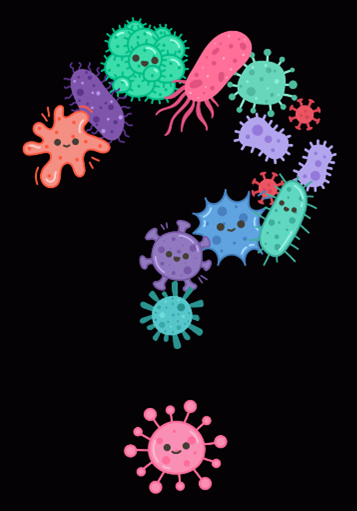
Throughout our immunology miniseries, we introduced the immune system and its many functions and components. Additionally, we highlighted how vaccines train your immune system, how the system can go awry, and how NIGMS-supported researchers are studying immunology and infectious diseases. Put your knowledge about the immune system to the test by taking the quiz below.
Continue reading “Quiz: Do You Know Your Immune System?”Quiz: Do You Know Pharmacology Facts?

Pharmacologists research how the body acts on medicines (e.g., absorption, excretion) and how medicines act in the body, as well as how these effects vary from person to person. NIGMS-funded pharmacology researchers are:
- Conducting research to design medicines with fewer side effects
- Exploring how genes cause people to respond differently to medicines
- Developing new methods and molecular targets for drug discovery
- Discovering medicines based on natural products
- Understanding how medicines act using computers
- Monitoring brain function under anesthesia to develop safer anesthetic medicines that reduce side effects
- Creating artificial tissue to heal muscles after traumatic injuries
- Investigating how to treat patients with sepsis
- Measuring tissue damage from burns to help improve treatment options
Quiz: Sepsis Science
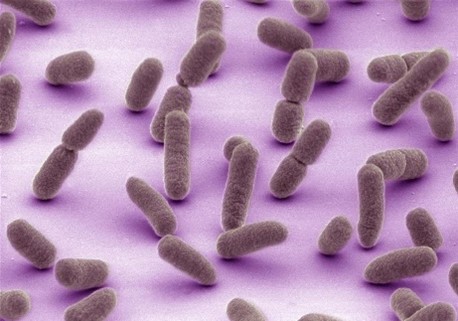
Credit: Mark Ellisman and Thomas Deerinck, National Center for Microscopy and Imaging Research, University of California San Diego.
At least 1.7 million adults in the United States develop a life-threatening condition called sepsis each year. Sepsis is an overwhelming or impaired whole-body immune response that’s most often caused by bacterial infections. However, it can also be caused by viral infections, such as COVID-19 or influenza; fungal infections; or other injuries, including physical trauma. Anyone can get sepsis, but there’s a higher risk for some people, such as those who are ages 65 and older, who have certain medical conditions, or who have recently experienced severe illness or hospitalization.
The early symptoms of sepsis can include fever, chills, rapid breathing or heart rate, disorientation, and clammy or sweaty skin. Because other conditions also have these symptoms, sepsis can be difficult to diagnose. NIGMS-supported researchers are working to increase our understanding of sepsis so that doctors can identify it more quickly and treat it more effectively.
Continue reading “Quiz: Sepsis Science”Photo Quiz: Puzzles in Purple
To make naturally colorless biological structures easier to study, scientists often use fluorescent tags and other tools to color them. Here, we feature images with purple hues and pair them with questions to test your knowledge of basic science concepts.
Visit our image and video gallery for more scientific photos, illustrations, and videos in all the colors of the rainbow.
Continue reading “Photo Quiz: Puzzles in Purple”Quiz: Antibiotic Resistance and Researchers Studying It
Antibiotics are a class of drugs that treat bacterial infections. They may seem common now, but they were discovered less than a century ago. In 1928, Alexander Fleming, a scientist studying bacteria, found that mold from his bread kept bacteria from growing. He determined that “mold juice” was able to kill different types of harmful bacteria, and he and his assistants worked to figure out what natural product in the mold was actually causing the killing. It turned out to be penicillin!
Thanks to Fleming’s discovery, doctors have been successfully treating bacterial infections with penicillin and other newer antibiotics. But in recent years, some infections that were once treatable with antibiotics no longer respond to them. Some of these infections can be treated with multiple rounds of different antibiotic treatments, but others aren’t treatable at all—even leading to death in some cases.
Continue reading “Quiz: Antibiotic Resistance and Researchers Studying It”Quiz: What Can Research Organisms Reveal About Health?
Scientists often use research organisms to study life. Examples range from simple organisms like bacteria to more complex ones such as mice. NIGMS funds studies of research organisms to understand biological processes that are common to all organisms, including humans. Errors in these fundamental processes can cause disease, and better understanding of these malfunctions can aid in the development of potential treatments.
Research organisms may also reveal novel biological processes that can lead to important scientific or medical technologies. For example, researchers studying interactions between viruses and bacteria made a discovery that led to the CRISPR (clustered regularly interspaced short palindromic repeats) gene-editing system, which was recognized by the 2020 Nobel Prize in chemistry.
Continue reading “Quiz: What Can Research Organisms Reveal About Health?”Quiz: Are You a Genetics Genius?
Genes are segments of DNA. They contain instructions for building one or more molecules that help the body work. Researchers in the field of genetics study genes and heredity—how certain traits are passed from parents to their offspring through DNA. NIGMS supports many scientists who investigate the genetics of people and research organisms to better understand human health and disease.
Take our quiz below to test how much you know about genetics. For more quizzes and other fun learning tools, visit our activities and multimedia webpage.
Continue reading “Quiz: Are You a Genetics Genius?”Quiz: Prove Your Knowledge of Proteins!
Proteins play a role in virtually every activity in the body. They make up hair and nails, help muscles move, protect against infection, and more. Many NIGMS-funded researchers study the rich variety of proteins in humans and other organisms to shed light on their roles in health and disease.
Take our quiz to test how much you know about proteins. Afterward, find more quizzes and other fun learning tools on our activities and multimedia webpage, which includes an interactive protein alphabet.
Continue reading “Quiz: Prove Your Knowledge of Proteins!”



